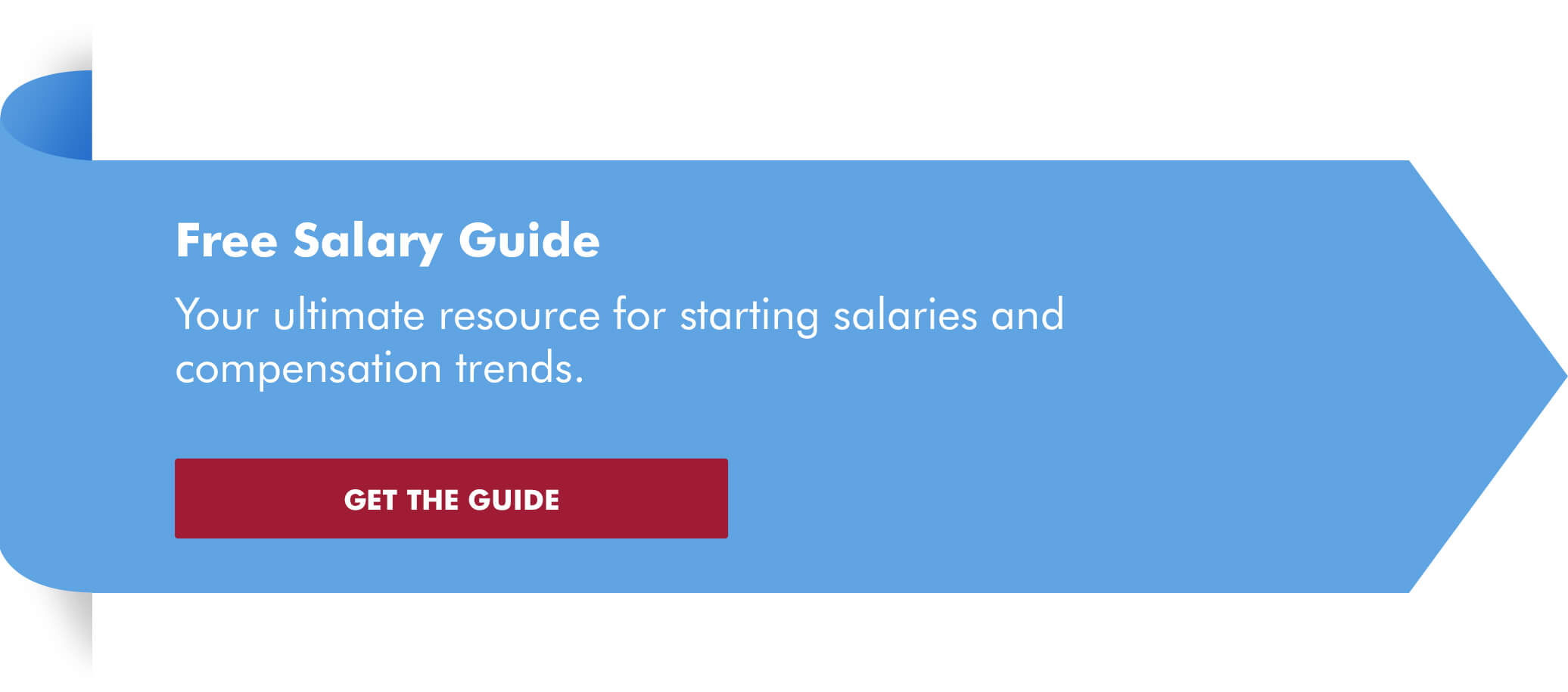The enduring importance of Structured Query Language (SQL, often pronounced “sequel”) to database creation and management keeps SQL developers in high demand. As business strategies become ever more data-driven and companies continue to pursue digitalization, they accumulate vastly more data — which SQL helps manage and mine.
SQL developers are responsible for all aspects of designing, creating and maintaining databases, including:
- Building databases and validating their stability and efficiency
- Creating program views, functions and stored procedures
- Writing optimized SQL queries for integration with other applications
- Designing database tables and dictionaries
- Developing scripts, procedures and triggers for application development
- Maintaining data quality and backups and overseeing database security
This role has always demanded continuous development of these and related skills. These days, however, SQL developers are under more pressure than ever to refine and document their code as efficiently as possible. That’s because connections made to databases have increased in the pandemic era of remote working, and businesses rely on databases more than ever.
Here’s an overview of the abilities and background needed to step into the SQL database developer role.
Programming experience
If you haven’t worked with SQL before, you’ll see it’s a relatively straightforward declarative language used to write queries that either modify a database or retrieve its records.
Ideally, professional SQL developers should have experience working in a development environment like Oracle SQL Developer. Other programming requirements vary across organizations, but you should have a working knowledge of the relevant application language, such as Python, C# or Java, or potentially a more specialized language like the statistical computing language R. When working with MySQL, you almost certainly need to have experience with PHP. Likewise, the Transact-SQL extension is commonly required in Microsoft SQL Server environments.
A background in Unix is a big plus. And understanding Bash or Windows batch scripts is another way to help your resume stand out.
Database knowledge
Specialization is often key to getting a top SQL database developer job. Oracle remains the world’s most popular database environment, mainly due to its support of more extensive data structures.
The open-source MySQL is prevalent in web development, while many other businesses prefer to work with Microsoft SQL Server. Aim to become an expert in one system rather than dabbling in multiple database environments. However, take comfort in knowing that core SQL skills are transferrable.
As an SQL developer, you’ll need hands-on experience with production databases and an understanding of data warehousing concepts. You should be able to handle the responsibilities in the list above and also have a background in:
- Integrated development environments like Oracle SQL Developer
- Reporting and business intelligence tools like Microsoft SQL Server Reporting Services (SSRS) and SAP Crystal Reports
- NoSQL database systems, such as MongoDB and CouchDB
- Big data technologies like Hadoop and Spark
- Cloud services like Amazon AWS and Microsoft Azure
- The Software Development Life Cycle (specifically Scrum) and the Agile methodology
Bolstering your knowledge with certifications can be advantageous. Two recommended designations for the SQL database developer role are the Oracle Database PL/SQL Developer Certified Professional and the Microsoft-Certified IT Professional (MCITP).
Soft skills
Employers value soft skills in IT team members, with communication being one of the most important. This position requires working with colleagues across the IT department — from application developers to network engineers — and with third-party vendors, such as cloud service providers.
Additionally, digital transformation and the advent of data analytics sometimes require SQL developers to collaborate with experts from other business units. It’s not uncommon for marketing, operations and other teams to come to you with questions or concerns regarding their data needs, such as data capture and running business intelligence reports.
If your goal is to become an SQL developer, one path to grow the skills you need is to start as a database administrator. Those coming from a software engineering background probably already know a little about writing SQL queries. Focus on gaining practical experience with database environments like Oracle or MySQL, and try designing your own databases from scratch.
Landing an SQL developer job could be a lucrative career move. Find out the latest starting salary projections in Robert Half’s Salary Guide.








